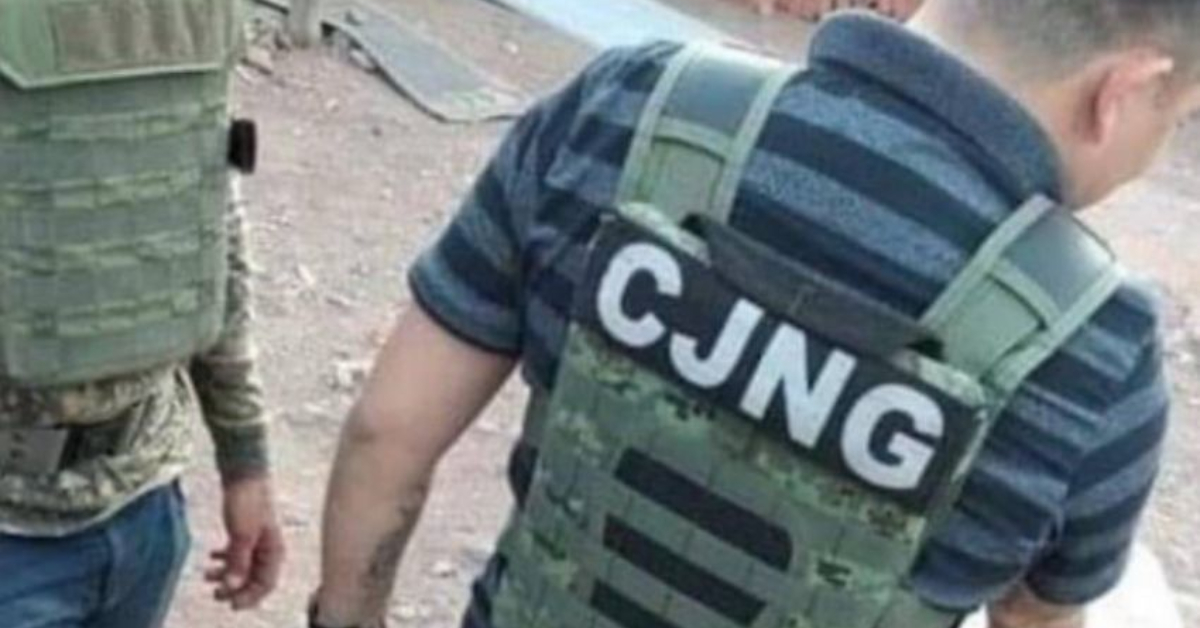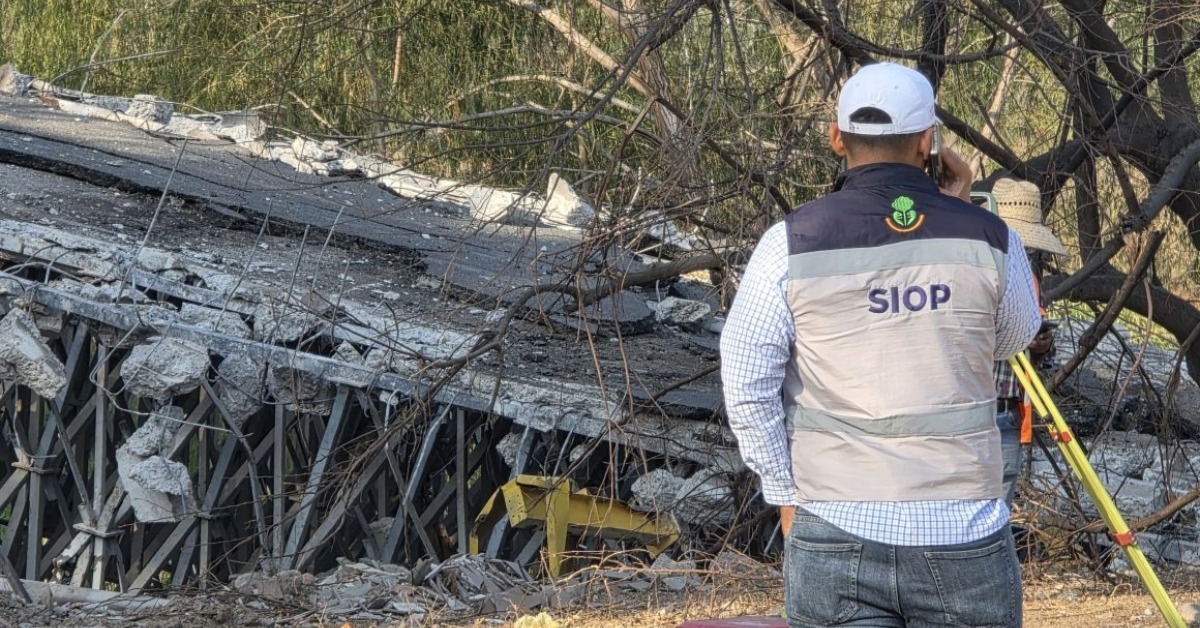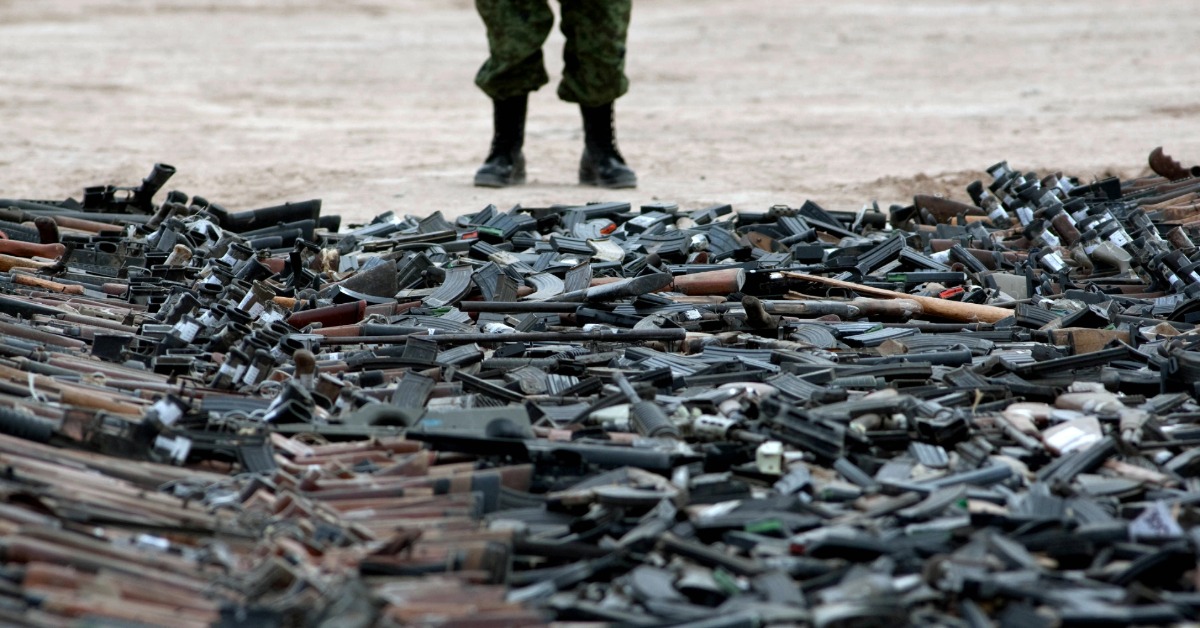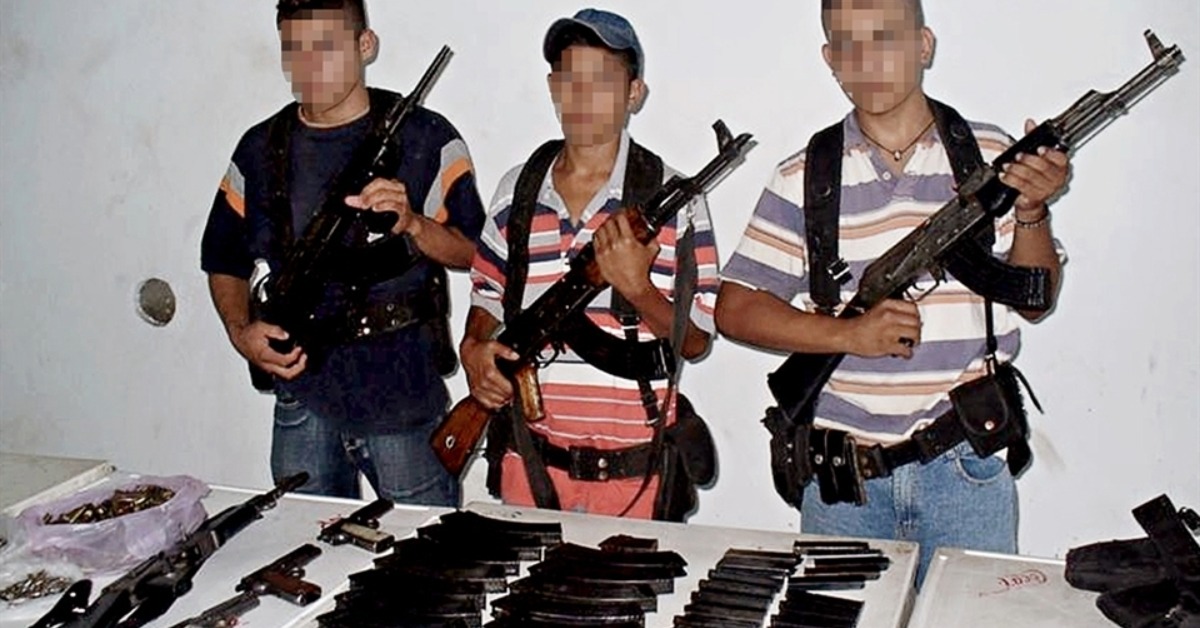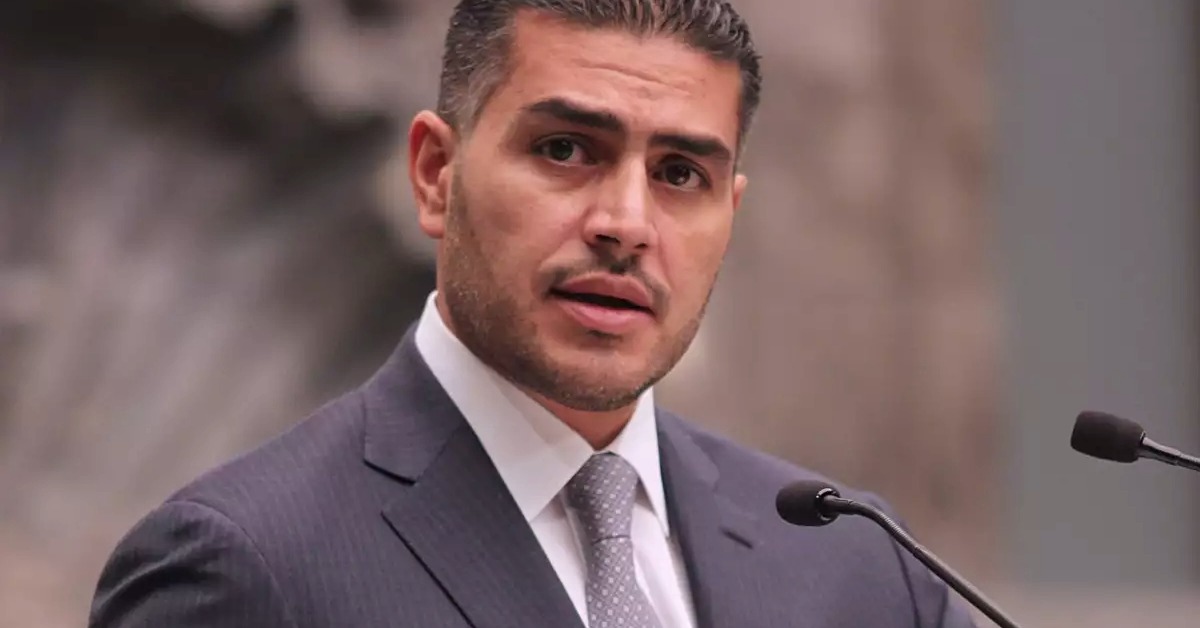Puerto Vallarta, Mexico - In a decisive move against the Jalisco New Generation Cartel (CJNG), the United States Treasury Department has imposed sanctions on nine individuals connected to the Bonques Brothers, key collaborators of the criminal organization operating in the Mexican state of Nayarit. Announced on Tuesday, the sanctions aim to cripple the financial operations of this network, freezing their banking assets and barring their access to the international financial system. The action is part of Washington’s broader strategy to combat fentanyl trafficking from Mexico.
